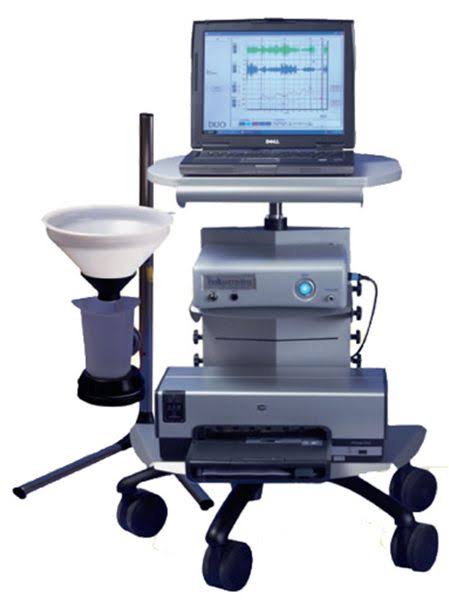Biofeedback is machine based learning where the patient is taught how to contract or relax his anal muscles.
Indications:
Stool leakage [fecal incontinence] - if you leak stool or pass wind/ fart spontaneously without it being in your control or while straining activities like coughing
Constipation - you are unable to pass stools easily, you need to strain, you feel stool is stuck at the anal opening, you feel incomplete after passing stools and need to go again and again or if you use methods to help pass stools such as applying pressure with your finger or removing stools with your finger or need to keep changing your posture or use a jet spray to help pass stools.
In biofeedback anal exercises are taught to the patient on the machine and the patient needs to practice these exercises at home and return to the hospital for multiple sessions to reinforce the correct exercise.
Biofeedback can be of 2 types:
- In patients with stool leakage, anal exercises are taught to strengthen the anal muscle and help reduce the leakages
- In patients with constipation, anal exercises are taught to relax the anal muscle and help in easier evacuation of stools.
Procedure:
There is no pain during the procedure. There is no sedation required. There is no bowel preparation required before the exercises. The exercises on the machine takes 15-30 mins to perform during each session. Depending upon how much time it takes the patient to learn how to do exercises correctly, 6-10 sittings are usually required.

A thin, soft tube / catheter is placed in the rectum. The patient is then taught on the machine how to relax or tighten the anal muscles. There are diaphragmatic breathing exercises taught separately to help improve rectal push forces during passing of stools. During the exercise visual and verbal feedback will be given to help you to understand how to exercise your anal/ pelvic floor muscles correctly.
Patient is asked to maintain a stool diary based on the Bristol stool chart. The patient is advised on proper posture to be maintained during passage of stools and any medications that maybe helpful. The patient is also advised on the diet that will be helpful with importance of adequate fibre and water intake and the role of exercise. As the patient starts responding to biofeedback therapy the time interval between 2 sessions is increased to continue reinforcement of the correct pattern of defecation.
Is biofeedback therapy effective?
This is a common query by most patients. Most studies done in India and overseas have shown a response rate of 60-80%. Retraining of bowel movement takes time because passing of stools is a learnt reflex. When we are born we don’t know how to control stools, it is taught to us as we grow up. Anything that we learn we can unlearn or relearn, that’s what biofeedback helps us to do.
Biofeedback is very patient dependant since the patient needs to continue to practice the exercises at home on a daily basis. Response rate will be poor if regular practice of the exercises are not done at home for prolonged duration of time. The response is seen over weeks and months and not over days of practice.
